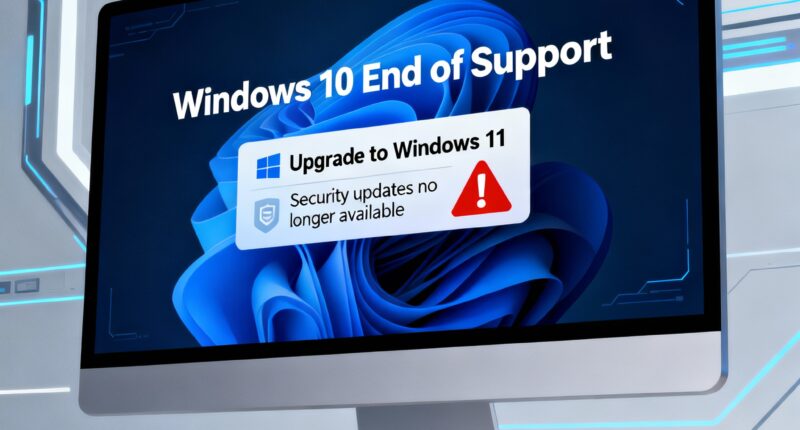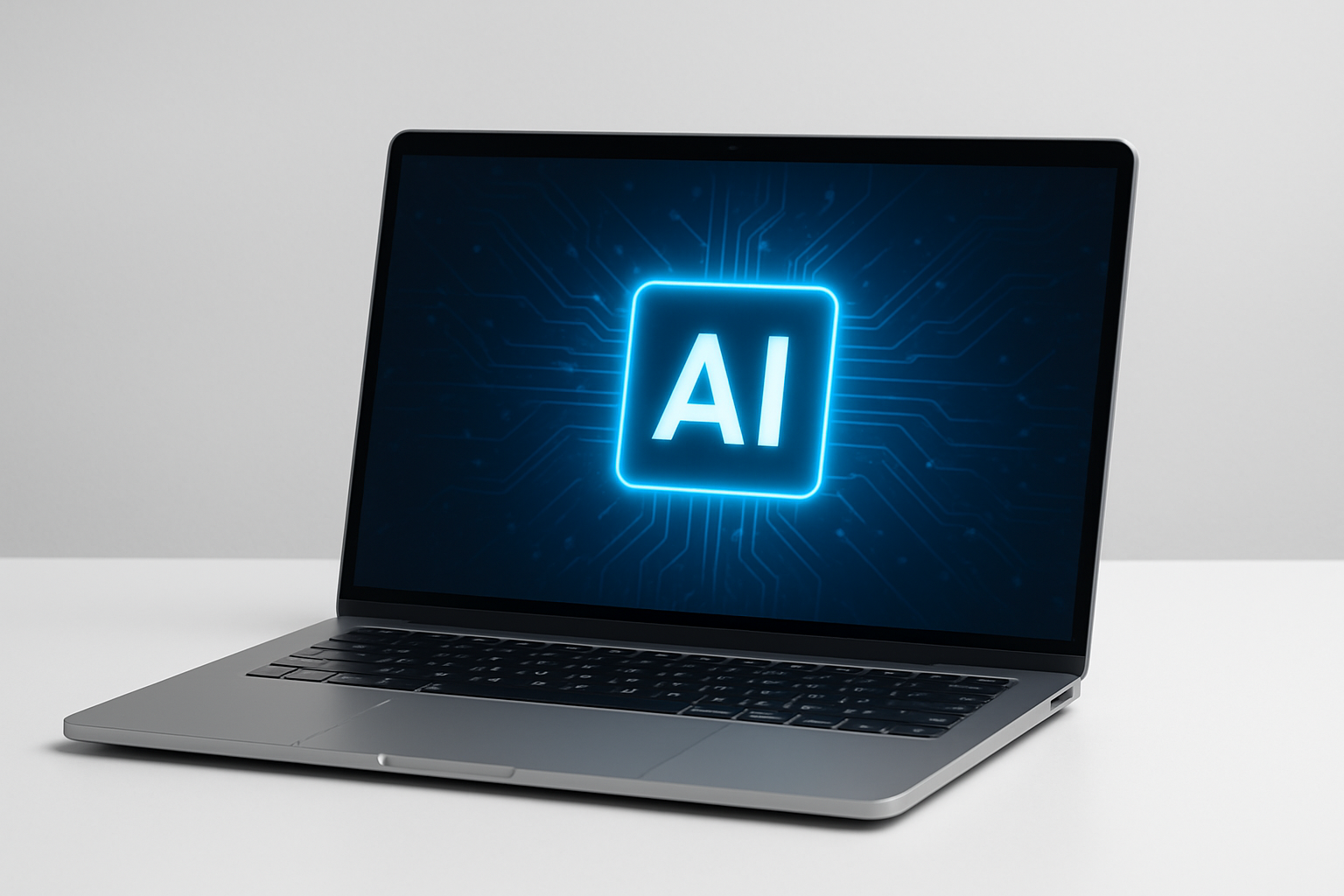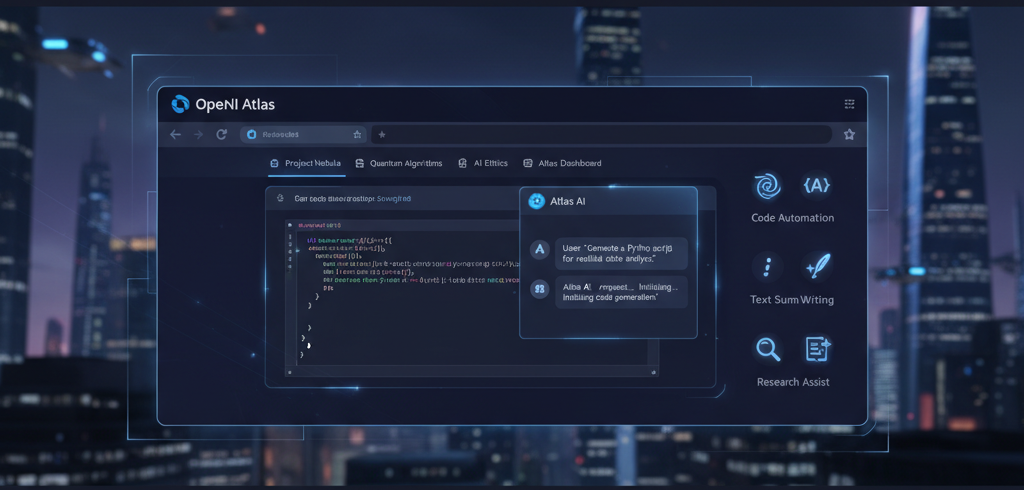What Every User Needs to Know as the Deadline Arrives
Microsoft’s Official Windows 10 Support End Date
Microsoft has confirmed that official support for Windows 10 is ending on October 14, 2025. After this date, the company will no longer provide security updates, bug fixes, or technical support for Windows 10 operating systems. This marks the end of an era for millions of users worldwide still relying on the OS, which was first launched in 2015 and became one of the most widespread systems for home and business computers.microsoft+1
What Does End of Support Mean forWindows 10 Users?
No More Security or Feature Updates
Once support ends, Windows 10 devices will no longer receive security updates or patches from Microsoft. This makes systems increasingly vulnerable to malware, ransomware, and other cyber threats. New vulnerabilities discovered after the deadline will go unpatched, putting your data and privacy at risk.
Third-Party Software Compatibility Issues
Most major software publishers and hardware manufacturers gradually shift their focus to current and future operating systems. This means that, while your Windows 10 PC may still function, you may eventually find popular apps, antivirus tools, or new hardware are no longer compatible or fully supported. Essential productivity, creative, and business tools may cease to update or malfunction due to lack of support.
Compliance and Workplace Considerations
For businesses large and small, running unsupported software could result in compliance violations for data privacy regulations like GDPR, HIPAA, or financial industry standards. Organizations must plan to upgrade company workstations to remain legally compliant and avoid cybersecurity fines and breaches.
What Are Your Options After Windows 10 Support Ends?
Upgrade to Windows 11
Microsoft recommends upgrading to Windows 11, the latest operating system featuring improved security, performance, and user interface enhancements. Most devices manufactured after 2018 are capable of being upgraded, provided they meet minimum system requirements for Windows 11—including TPM 2.0, Secure Boot, and compatible CPUs. Use the PC Health Check tool from Microsoft’s website to verify if your computer is eligible for an upgrade.
Consider a New Device
For older PCs that do not support Windows 11, it may be time to invest in a new device. Modern laptops and desktops often come pre-installed with Windows 11 and feature the newest security advancements, faster hardware, and longer battery life for portable machines.
Explore Alternative Operating Systems
Tech-savvy users may consider migrating to alternative systems such as Linux distributions (Ubuntu, Mint, Fedora), especially if they wish to continue using older hardware. While there is a learning curve, many Linux options are free, continually updated, and increasingly user-friendly for daily computing needs.
How to Prepare for the Transition
Back Up Your Data
Before upgrading or switching systems, perform a thorough backup of all valuable files, documents, and application data. Use cloud storage or external hard drives to safeguard your information during the transition.
Update Critical Software
Make sure all important programs—especially security software—are updated, and uninstall unsupported or obsolete applications that could increase risk during migration.
Seek IT Assistance If Needed
If you’re unsure how to proceed, consult with IT professionals or Microsoft’s official support before the cutoff date. Many vendors will offer migration assistance for businesses and home users alike.
Conclusion
As Microsoft retires Windows 10 support on October 14, 2025, users must take action to protect their devices, data, and personal or business interests. Whether upgrading to Windows 11, replacing your PC, or exploring new operating systems, early preparation ensures a smoother transition in today’s rapidly evolving tech landscape.












7 comments
So sad for Myanmar PC users. 🙄🙄
I still have an old iPad with Windows 10 and one PC as well. Thinking about they should be retired too like Microsoft retired windows 10.
Thanks
Oh really.Good to know
Thank u
Thanks.
Thanks for sharing.